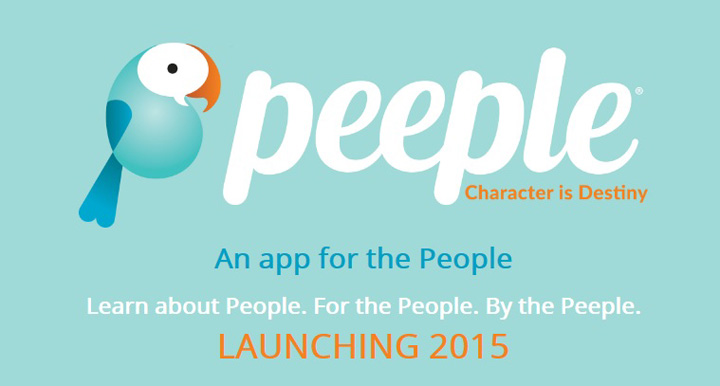They’re calling it “Yelp – but for humans.” An app that allows users to review and give star ratings to anyone they know; whether they are an ex, a co-worker, or a neighbour.

The app – dubbed Peeple – hasn’t even been released yet, but it’s stirring up a heated debate about bullying on social media.
“Peeple is an app that allows you to rate and comment about the people you interact with in your daily lives on the following three categories: personal, professional, and dating,” reads the company’s website.
“Peeple will enhance your online reputation for access to better quality networks, top job opportunities, and promote more informed decision making about people.”
Here’s the premise: Users will be able to add anyone to the service and those who are reviewed are unable to opt-out of those reviews – a feature that has many concerned about bullying.
According to the website, Peeple doesn’t allow anonymous reviews and anyone who signs up must have a Facebook account that has been active for more than six months and a cell phone for verification. Users also have to prove that they know the person – in order to review someone that isn’t in the system, users have to submit the person’s cellphone number.
Positive ratings are published immediately; however, negative ratings and those with low star ratings are held for 48 hours. It’s up to the person being reviewed to “work it out” with the reviewer in a private message format.
“If you cannot turn a negative into a positive the comment will go live and then you can publicly defend yourself,” reads the app’s FAQ.
The app also prohibits people from using profanity, sexism and mention of private health conditions.
In an interview with The Washington Post, Peeple’s founders – Calgary resident Julia Cordray and Nicole McCullough – said a lot of thought has gone into making the app a positive thing, Cordray adding they want to operate the service with “thoughtfulness.”
But people don’t seem convinced.
Concerns regarding the app went viral shortly after The Washington Post published its article on the app Wednesday.
As of Thursday, the app’s website appeared to be unavailable and Peeple’s Facebook page became overrun with complaints – many raising concerns about cyberbullying, defamation and privacy fears.
“Your product appears to me to be designed to harm. Designed to monetize ad revenue for abuse. Designed to force users to sign up or provide phone numbers in order to see negative comments about themselves,” wrote one Facebook user.
“This is not Yelp for people. This is a harassment tool for abusers. You can talk about all the planned safeguards you want, but abusers love to game systems and you’re handing them the biggest present they could ever hope for, guaranteed,” wrote another.
One user simply wrote, “You created an inescapable harassment app.”
Even supermodel Chrissy Teigen has spoken out against the app on Twitter.
On Thursday, Peeple responded to some of the criticism surrounding the app in a Facebook post, recognizing some of the concerns.
However, it’s unclear if the apps creators are making any of those changes.
But many publications have pointed out there is no link to a privacy policy or terms of service on the app’s website. Cordray told Buzzfeed that both policies are still being examined by legal teams, but would be ready for the app’s launch – likely November.
This isn’t the first app to raise serious concerns about cyberbullying.
In March, parents and teachers across the U.S. expressed concern over an anonymous social networking app – dubbed Burnbook – that encouraged users to post “jokes, fails, shout outs, revelations, proclamations and confessions” on anonymous message boards.
And in January, anonymous messaging app Yik Yak was banned in the Ottawa-Carleton District School Board after threats of violence and bullying were posted to the app. Yik Yak was also banned in multiple school districts in the U.S. due to rampant incidents of cyberbullying.




Comments